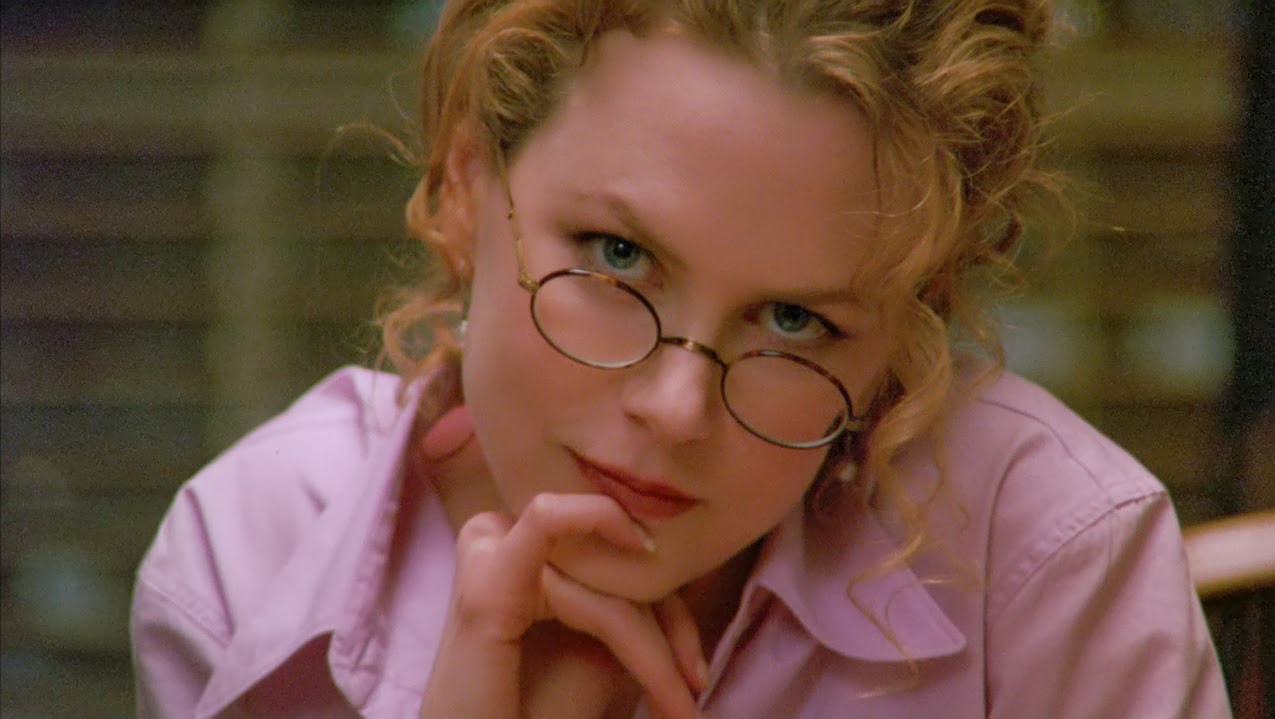
Philosophy isn’t always considered the most erotic subject. While not exactly equipped with the best pick-up lines, philosophers have a long history of interest in the erotic. According to Plato, philosophy has much in common with the erotic, directing us toward an appreciation of beauty and goodness. In order to heighten an erotic philosophical relationship, Socrates in Plato’s symposium warns that sex shouldn’t take place. Philosophers have therefore had a long interest in sexual attraction but not always viewing the erotic in a wholly positive light.
Epicurus, despite the reputations of epicures and Epicureans, for instance, believed sex could be the cause of dangerous obsession and its absence generated pain—sex should be avoided. And Arthur Schopenhauer viewed our instinct toward sex as blinding and getting in the way of truth. Friedrich Nietzsche had a different view, seeing philosophy as denying any thrill to life, and instead wanted a philosophy tied to health, physicality, art and triumph. (He was a great admirer of sex, if not a practitioner.)
The films on this list explore the way sex is linked to metaphysics and the search for truth but also how it can obscure truth. Some of the films are only notionally thrillers or erotic and it is hardly surprising that art cinema has the reputation for nudity and overly portentous and some might say pretentious philosophical dialogue. However, all of these films incorporate elements of the erotic and of thrillers, however deconstructed, and some obviously belong as erotic thrillers or thrillers exploring the erotic.
10. Nymphomaniac (director’s cut, both volumes)
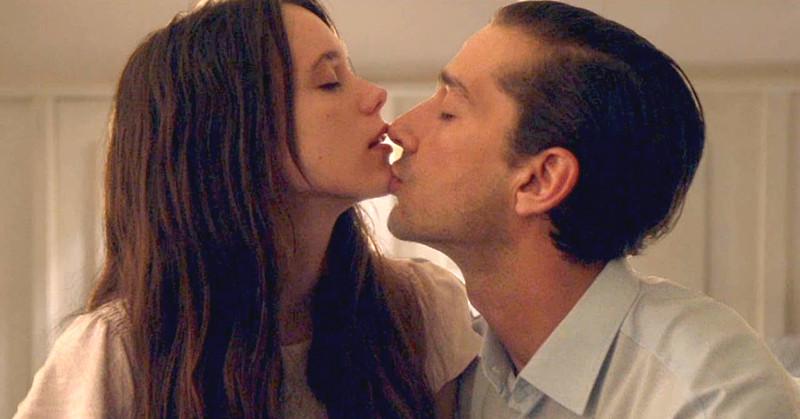
Lars von Trier’s controversial film used the actors’ come-faces as advertisements but the film itself (released in two parts) is about Joe’s failure to find a sense of fulfilment signified by her inability to orgasm. Her quest is more than a physical addiction: there’s something almost theological about it. Sexual yearning is framed as an expression of incompleteness, hence Joe’s tragic and desperate pleading to her past lover Jerôme, “fill all my holes.”
The idea that the self is broken and needs another to find erotic fulfilment is explored in Plato’s Symposium and it is a theme also explored in German Romantic philosophy such as Hölderlin’s and Schelling’s analyses of the yearning, incomplete subject. The theological and aesthetic dimensions of Joe’s suffering are likened in the film to Odin hanging on the tree of life and her inability to achieve orgasm is compared to an incomplete polyphony. With references such as these, there is a strong sense that the film shares a German Romantic interest in the Empedoclean themes of love and strife.
Moreover, the film is structured around a dialogue between Joe and her new, apparently asexual friend, Seligman. Together they discuss philosophical issues such as whether a human being can be innately evil, or whether abortion is right, as well as examining the nature of sex and of humanity.
Although not necessarily a thriller, the film contains many tropes associated with the genre and directly appropriates thriller conventions in the opening and closing of the film.
If you enjoyed Nymphomaniac you may also enjoy Romance X by Catherine Breillat and Ma Mère by Christophe Honoré. Decidedly more French existentialist than German Romantic, Romance X follows a woman committed to exploring and creating a new sexual self and in so doing challenging conventional sexual morality. Ma Mère is the story of an erotic relationship between mother and son based on Georges Bataille’s story of the same name.
The film expands on Bataille’s idea that an immoralist has a distinct sense of morality, a commitment to experiences beyond what society would sanction and thereby to defy social hypocrisy. This film, like Romance X and Nymphomaniac, isn’t exactly a thriller as such, but explores the ethics of sexual transgression.
9. It Follows
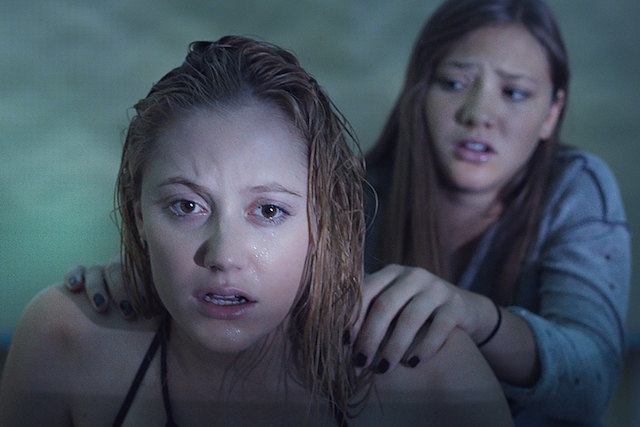
It Follows is not an erotic thriller in the usual sense: it isn’t Fatal Attraction or Basic Instinct. Rather it has a touch of the erotic and the sensual in the beautiful cinematography inspired by Gregory Crewdson’s photography. At all times surprisingly tasteful for a film with a horror premise, the plot concerns a sort of philosophical thought experiment.
Thought experiments are used by ethical philosophers to delineate moral and ethical concerns through imagined hypothetical scenarios. If framed as a thought experiment, It Follows asks whether one can risk the life of another for one’s prolonged safety.
The plot concerns a supernatural entity that follows a young-adult after sex and who is confronted with the unpalatable possibility that the only way to get rid of it is to sleep with another person. If she doesn’t sleep with another person and condemn him to her current fate, the supernatural entity will kill her. In this way, the film raises a fascinating ethical scenario as to whether it is right to risk another’s life to save one’s own.
The film also envisions fears around sex and the idea that there is some sort of traumatic, destructive, abject quality to sex that lurks in the human psyche. This dimension of the film almost invites a psychoanalytic reading. After all, the It of It Follows literally sexes one to death in an abject, bone-breaking way.
8. Crash

Trailblazing psychoanalyst Sabine Spielrein asked a brilliant question in her paper, Destruction as the Cause of Coming into Being. She pondered why if sex is so pleasurable is it such a taboo subject and so often repressed. What about our own desires challenge us to invent customs and rituals that reduce, or sacralize sex? She argued that our desire for sex was in fact a desire to cease to exist and so we repressed sex out of a sense of self-preservation.
Sex was necessary for generation, but generation and creation are linked, according to Spielrein, to destruction. Freud was influenced by Spielrein’s ideas in his own formulation of our drives toward death, but ultimately came to moderate her radical views. For Freud Eros and the death drive were still oppositional to some extent, but for Spielrein, erotic love always was connected to ceasing-to-exist.
Crash directed by David Cronenberg similarly examines the much-explored theme of the relationship between sex and death. The film concerns people who get-off on car accidents and who realise that the best way to achieve orgasm is to come closer to death. Hence Cronenberg’s film, an adaptation of J.G. Ballard’s novel of the same name, explores themes very similar to Spielrein’s work. Indeed, the character of Vaughan who loves to get into car accidents and bring like-minded people along for the ride/crash remarks that “there’s a benevolent psychopathology that beckons toward us.
For example, the car crash is a fertilising rather than a destructive event.” Spielrein herself suggested that self-dissolution could be framed as a yearning to return to the mother, expanding on the Oedipal complex. Interestingly, Cronenberg, who may not have been directly influenced by Spielrein for Crash, would directly feature Spielrein’s daring ideas in A Dangerous Method.
With terrific performances from James Spader and Deborah Kara Unger and a chilling portrayal of the sinister Vaughan by Elias Koteas, this film manages to be rather unsettling but also interesting on a conceptual level. Those who enjoyed the exploration of sadomasochism in Crash may also find Roman Polanksi’s Bitter Moon of interest or Venus in Fur.
7. Blow-Up
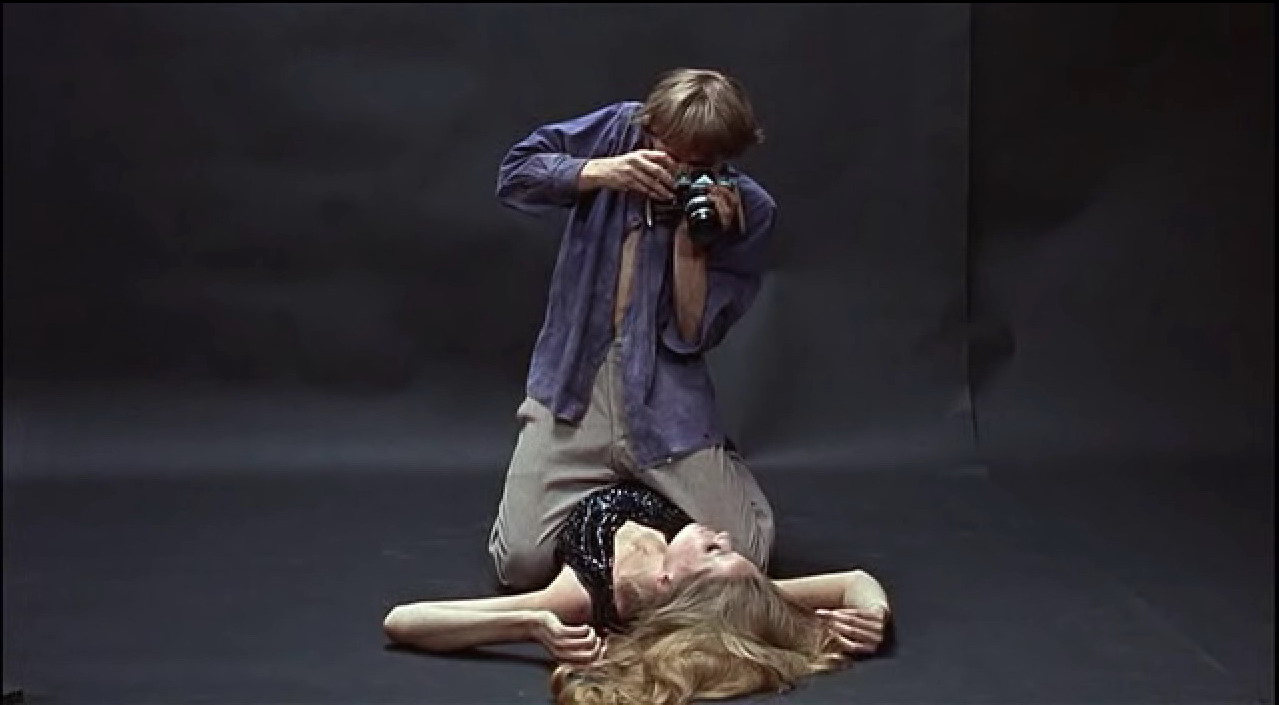
Blow-Up is a film following a trendy photographer during London’s swinging 60s. The film was shocking in its day for featuring glimpses of female nudity though the film is rather tame by today’s standards. But there’s still an erotic charge in this supremely stylish film.
Observing a woman and a man together in a park, Thomas snaps a picture. The woman featured in the photograph attempts to get the roll of film off him. When he blows up the film he discovers that behind a bush there is the hand of a corpse. He finds the corpse but when he goes back to the park to photograph it, the corpse is gone and he will never know the truth of what happened.
On some level, this film examines epistemological questions as to whether we ever really know the world and its workings or whether we are taken in by illusion, which is to say nothing of the existential questions that are so apparent in all of Antonioni’s most notable films.
6. Eyes Wide Shut
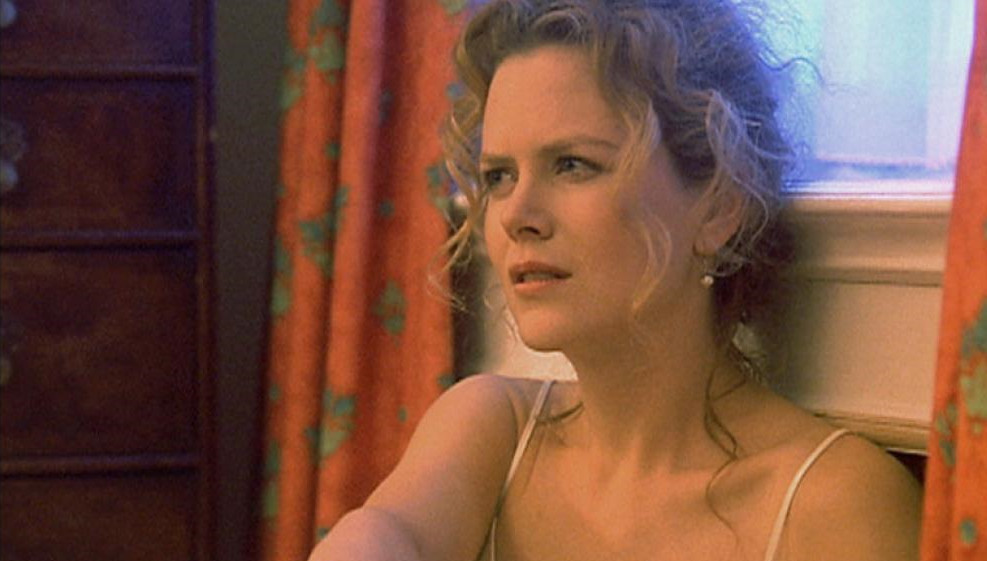
According to the philosopher Slavoj Žižek, Eyes Wide Shut explores the idea that female desire threatens to overwhelm male desire. Featuring Tom Cruise and Nicole Kidman, there is gossip that Kubrick’s obsessively-made film may even have broken the couple up. The narrative of the film features Cruise’s character, Bill Harford, desperately trying to experience life on an erotic level equal to his wife’s sexual fantasy.
When after getting high, she tells him that she once imagined having an affair and describes the imagined affair with an intensity almost unimaginable to Bill, he becomes disconsolate. Such imagination challenges his understanding of fidelity and his own erotic sensibility, which is lacklustre in comparison to his wife’s. Indeed, the very fact that they had to get high to get in the mood, suggests the feebleness of his libido and a certain pretence. He searches the streets of New York looking for an experience to rival her imagination until he discovers an ornate orgy for the wealthy and powerful.
As Žižek points out, the orgy itself lacks any sense of the orgiastic. Perhaps, this lack of fun and pleasure reveals that sex is very often a staged affair, lacking the vitality and even reality of our dreams and fantasies.
The film examines what is fidelity, while exploring some of the same themes as Blow-Up, where Bill never really knows what his wife felt nor is able to find out the exact meaning of the orgy he stumbled upon.